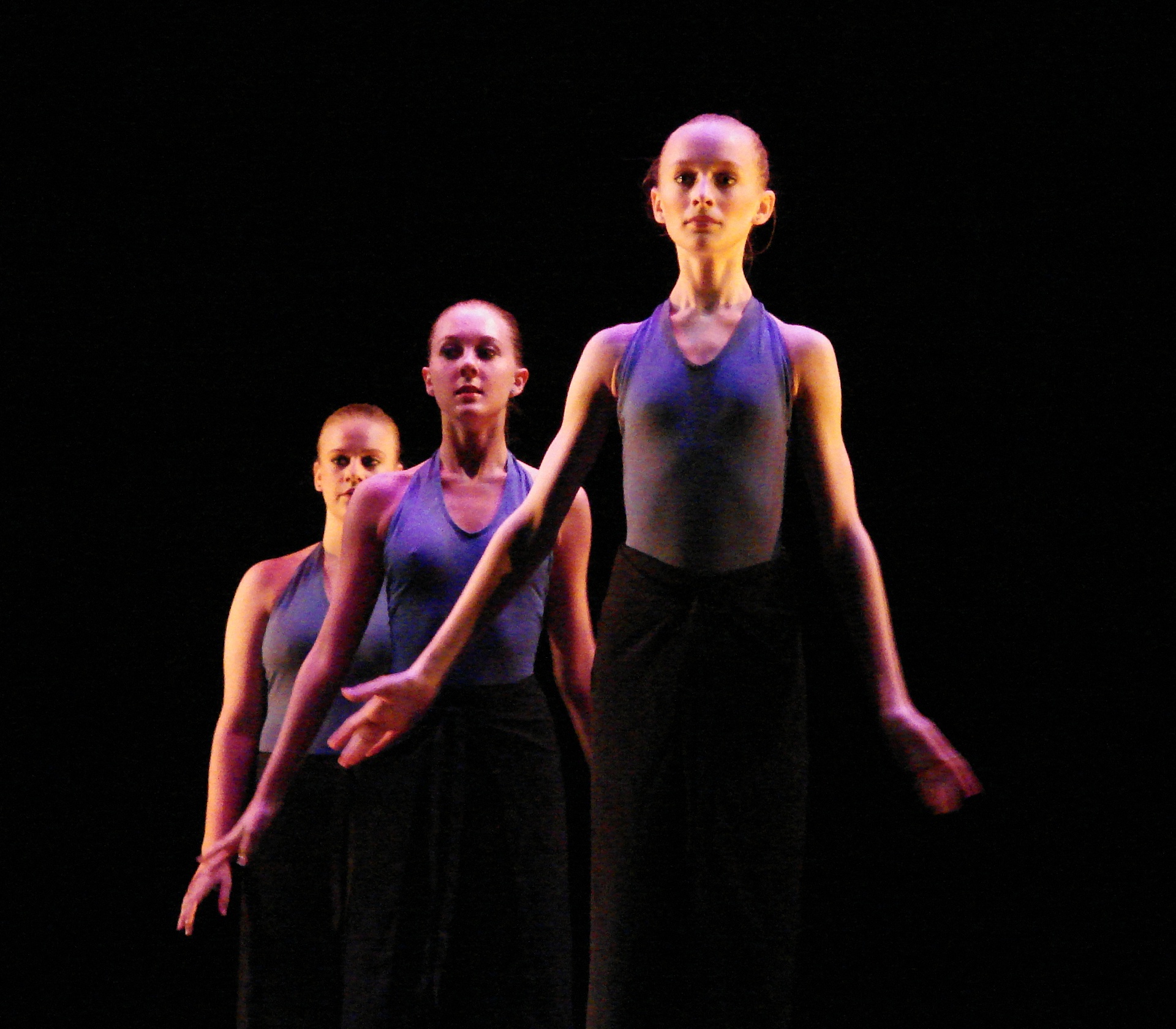 Have you been to see a show recently and wondered what the term “swing” means in the programme? While there may be star names topping the cast lists, many advocate that the unsung heroes of the show are the swing dancers, the performers who cover multiple roles in the production. These performers may have to step on stage for any track of the show at any time; they may be replacing an injured dancer or may, for any reason, have to join the show part way through. Many performers began their professional performances as a swing, requiring a lot of talent and skill.
Have you been to see a show recently and wondered what the term “swing” means in the programme? While there may be star names topping the cast lists, many advocate that the unsung heroes of the show are the swing dancers, the performers who cover multiple roles in the production. These performers may have to step on stage for any track of the show at any time; they may be replacing an injured dancer or may, for any reason, have to join the show part way through. Many performers began their professional performances as a swing, requiring a lot of talent and skill.
Swings must have incredible attention to detail. When learning the tracks, cues must be picked up fast to keep abreast of the action, in addition to learning the choreography and music quickly. In performing, not only must you have the skill set to perform every track that you cover, you also need to retain every small detail and be able to draw on this at a moment’s notice. Aside from remembering the different tracks, swings must also know all the important information such as on and offstage traffic, prop details and the correct entrance and exit wings – phew!
Multitasking is an ideal attribute for a swing. You must have the ability to juggle various roles, memorise lots of conflicting details for different tracks and keep yourself organised. Keeping calm under pressure is also useful for both yourself and the other performers, making everyone on stage feel at ease and confident in your ability. While it sounds as though swings are busy all the time, there may be a few swing performers in a cast so not everyone will be able to perform every night; it can be hard for new or aspiring performers when they are not called upon, causing them to feel like they are not part of the team.
There is no doubt that the role of a swing is stressful and highly demanding, however it is also fun and extremely rewarding. Swings know the show inside out and will have gained lots of varied performance experience while doing so.
